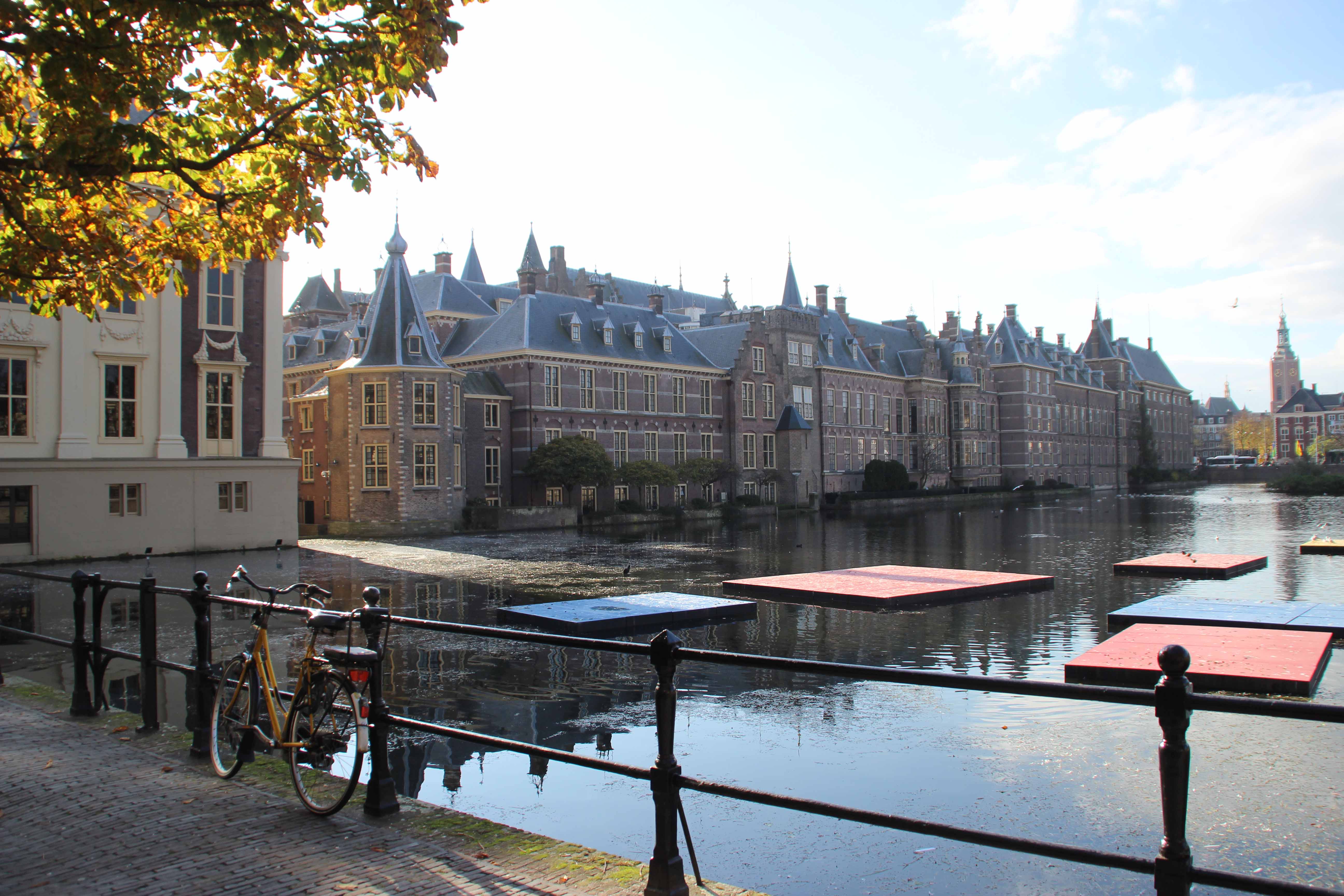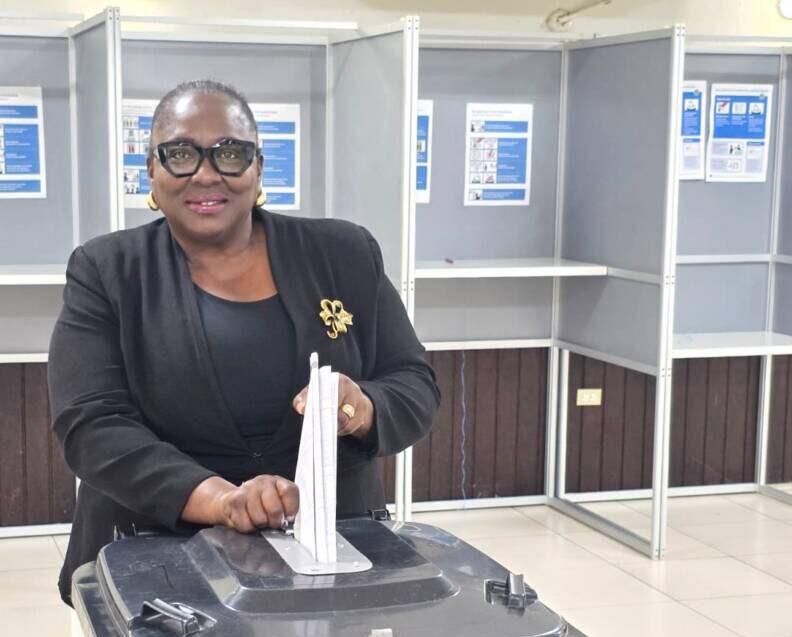THE HAGUE – The vote to eliminate William Marlin from Parliament in St. Maarten, “is against the limits of what is permissible in our democracy,” said Professor Gerhard Hoogers, who is affiliated with Rijksuniversiteit in Groningen.
Under great pressure from the Netherlands outgoing Prime Minister Marlin took it upon himself to tender his recognition immediately after the decision was made in The Hague. Not only once did the parliament declare a vote of no confidence in Marlin, but twice.
They did this to allow room for a new leader who will comply with the Netherlands in order to receive the 550 million in relief funds for residents. The Netherlands accused Prime Minister Marlin of not obeying his oath and regulations of the state by not leaving.
Is the conclusion justly?
“Because of this Marlin is accused of committing an offense and that is absolute nonsense,” said State Lawyer Gerhard Hoogers, who is closely monitoring the developments between The Hague and the islands.
“After the parliament sent Prime Minister Marlin and four other ministers’ home with a no-confidence vote on November 2, he and his fellow ministers have graciously tendered their resignation.”
“The governor determines what to do with the dismissal. In this case Marlin was allowed to lead until a temporary government was formed that could replace him.”
The parliament really wanted Marlin out, so that his successor could sign the reconstruction terms. He therefore received a second vote of no confidence.
“The rule states: with a vote of no-confidence you are out of business. You fill the role of the King and on the island the kingdom representative makes the decision. Moreover this governor was and is also busy with forming an intern cabinet which Marlin must follow.”
Why then did the governor not listen to the will of the parliament?
“The parliament cannot mandate the governor via a motion. In spite of what you think of Marlin, he has acted correctly from a constitutional point of view by offering his resignation to the governor after having accepted the first vote of no confidence. And of course you cannot do that again. Even if the parliament votes no confidence against you again,” says Hoogers.
“It is therefore odd what State Secretary Knops says about the duty to resign after a motion of no confidence has been passed. Marlin fulfilled this duty on November 2, by submitting his resignation.”
Nevertheless, Marlin has now responded to this with a National Decree for his own direct dismissal. “There is a new law, which states that at the moment there is a second vote of no confidence, the Minister must give up his/her post.
“A motion of no confidence that is followed by a second motion of no confidence against the same Minister has never occurred in the Netherlands and is also new to St. Maarten. We don’t have rules for this sort of situation, so the idea that Marlin violated the rule is nonsense.”
“Theoretically, it means that if all Ministers are dismissed in this manner, you will no longer have a government in the country.”
In the end the representatives of the people, the parliament, got their wish. Democracy was won?
“Of course it is true that a lot of things go wrong on St. Maarten. Maybe now you can say that democracy is victorious, considering the daily crisis inhabitants are facing.”
“But from a legal point of view, it does not seem valid to me, this becomes the applicable law. That is if a parliament makes any decision by means of a motion that binds other state sectors directly and without reservation.”








